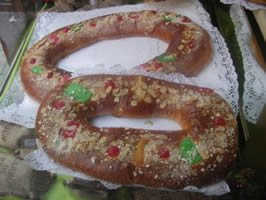Gran Canaria's Christmas festivities are centred on its popular, traditional Nativity scenes and cribs. In towns and villages throughout the island the streets are adorned with Christmas lights and in recent years, other traditions such as Christmas trees and the presence of Santa Claus have become popular.
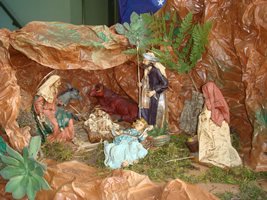
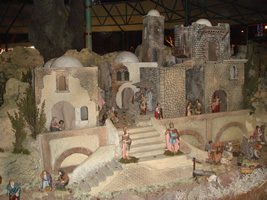
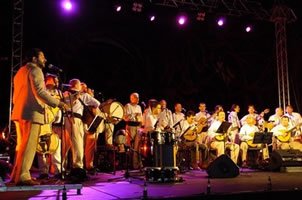
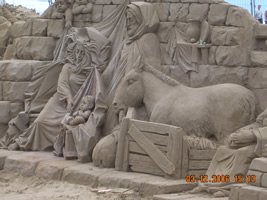
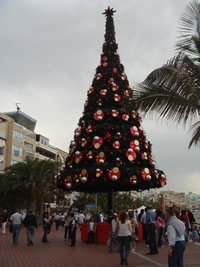
Some students and teachers at our school decorate it and the last day before Christmas holidays we have workhops and a meal usually prepared by their parents.
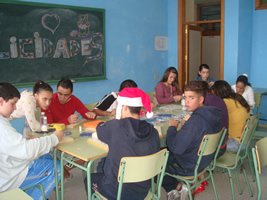
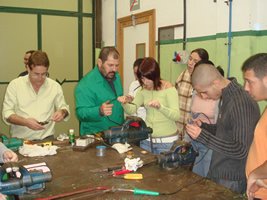
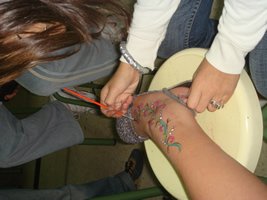
We have holidays from 22 nd December to 8 th January.
On these exciting days we eat, drink, rest, buy presents, give and receive them, have parties, decorate our houses with Christmas trees and cribs, spend more time with our families and friends, sing Christmas carols, children write letters to the Three Wise Men asking for presents,…
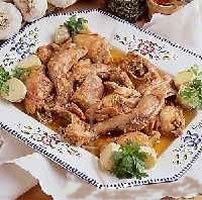
On 24 th December, we have a special dinner. Families meet to eat and drink because it's Christmas Eve. We eat lamb, roasted pork legs, cured ham, meat, turkey, chicken, prawns, shellfish, seafood soup, caviar, salmon, Canary boiled potatoes with peel with canary spicy sauce (“mojo picón”), marzipan, very dry Spanish sweets of a floury consistency (“polvorones”), nougat (“turrón”). Every family decides what to eat and drink. At midnight there is a special Mass called “la misa del gallo” where people sing Christmas carols and play musical instruments.
For the Christian church, the Christmas season begins this day and ends 12 days later, with the feast of the Epiphany.
Some people give and receive presents this day although Father Christmas is not a Spanish tradition but a tradition from northern European countries.
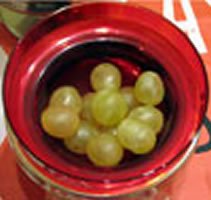
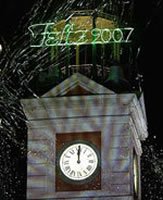
This parade starts at about 5:00 in the port area at the Castillo de la Luz , near our high school and finishes near the Pérez Galdós theatre, on the other side of Las Palmas city. If we can't get to see it, we can watch it on TV.
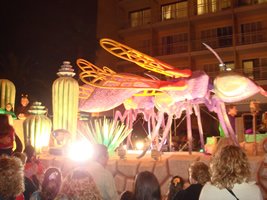
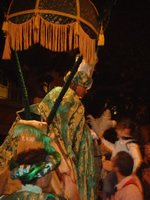
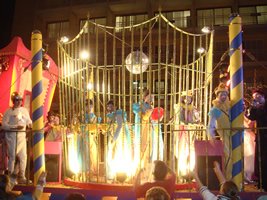
We usually eat the ring-shaped cake filled with cream (“roscón de reyes”). It is divided into equal parts for all the people in the family and if there is a bean in your piece of cake you will have to pay for it.
It is the culmination of the Christmas festivities.
